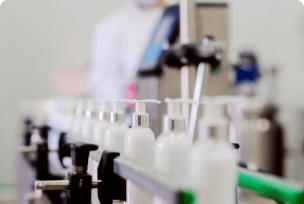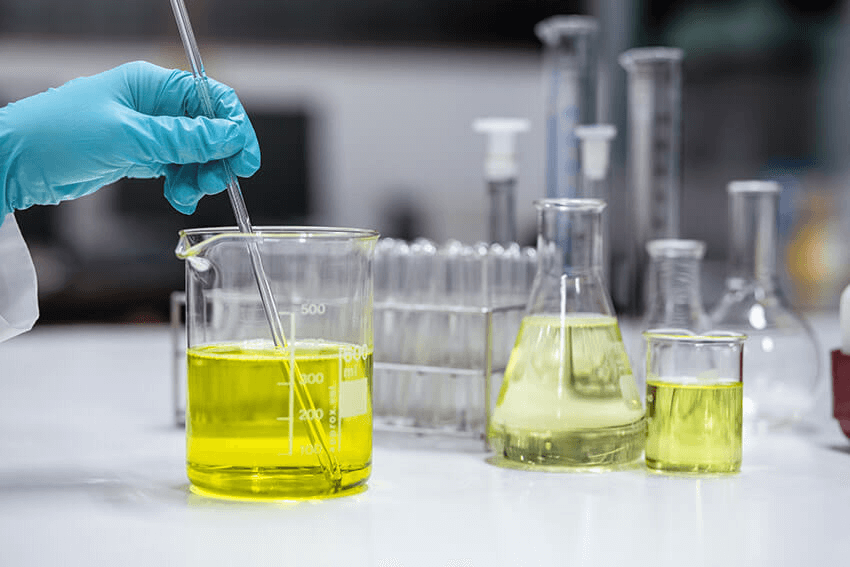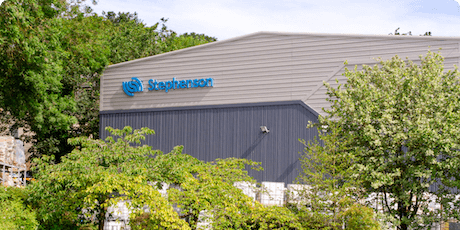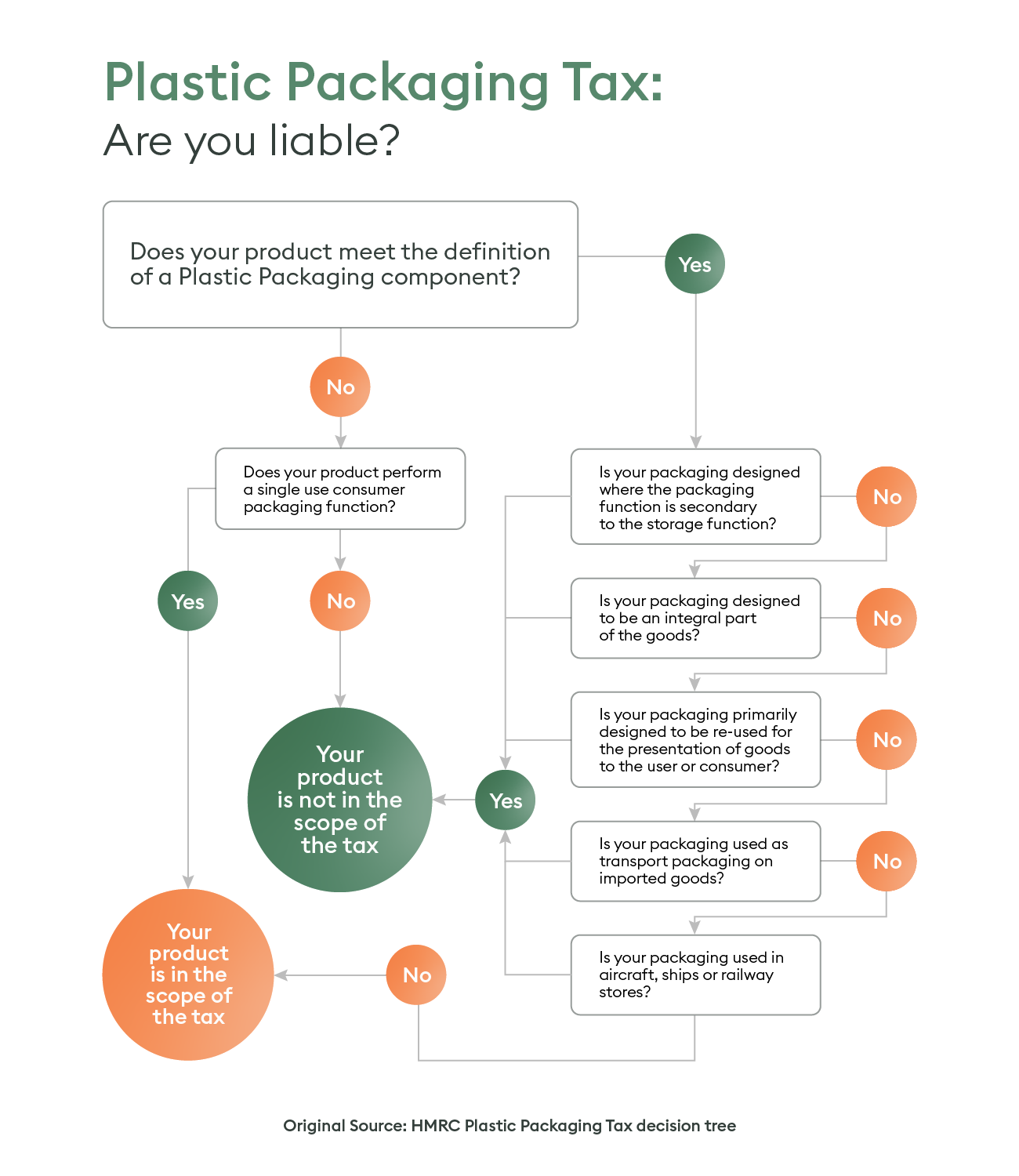Which packaging will be affected by Plastic Packaging Tax (PPT)?
PPT will be levied on plastic packaging that contains less than 30% recycled plastic. Imports of products in plastic packaging, such as drinks in plastic bottles, will also be included.
Rather surprisingly, given the environmental aims of PPT, “greener” plastics, such as biodegradable and compostable plastics, will still incur PPT (although this is currently being reviewed by the government) and the definition of “recycled plastic” does not include organic recycling.
For these purposes, recycled plastic is plastic that has been reprocessed from recovered material by means of a chemical or manufacturing process, other than organic recycling, in order to be used for its original purpose or for other purposes.
The Tax will not be chargeable on plastic packaging where:
• Packaging has 30%or more recycled plastic content
• Packaging is made of multiple materials of which plastic is not proportionately the heaviest when measured by weight
• Less than 10 tonnes of plastic packaging are manufactured and/or imported by a business annually
• It is manufactured or imported for use as immediate packaging of human medicines
• It is in use as transport packaging to import products into the UK or
• It is exported, filled or unfilled unless it is in use as transport packaging to export products out of the UK
The Tax will be paid by reference to accounting periods determined in accordance with regulations by HM Revenue and Customs (HMRC).
The liability for this Tax can be deferred for 12 months where Chargeable Plastic Packaging is intended for direct export (deferral starting from the day the Chargeable Plastic Packaging is manufactured or imported). The liability will be cancelled if the Chargeable Plastic Packaging is exported before the end of the deferral period.
Is your business eligible for the plastic packaging tax (or might be indirectly impacted?) Find out below.






























